Not many years ago, there was a prevailing myth that eating large amounts of food could get energy for athletic training. But now, with too many diet myths already debunked, you will notice that powerlifters today are leaner and more muscular.
Today, people are more educated on nutrition. This is why the quality of nutrition has become one of the topics of discussion when it comes to nutrition planning to support athletic training.
Do you want your body to be ready for some of the toughest powerlifting sessions? These diet guidelines may help you enhance your bodys potential to push limits during workouts and competitive sessions.
Get the Right Amount of Carb Supply
Competitive powerlifters usually ask about the amount of protein they must get, although they should be more concerned about the carbs in their diet. Unfortunately, many athletes end up with too high or too carb levels. Both these approaches can do more harm than good.
It is worth mentioning that carbohydrates support brain function, muscle strength, and muscle contraction. So, being too low on carbs is undoubtedly not going to sketch the best scenario for a power athlete. If you are planning to perform intense anaerobic lifting workouts, you have to get good amounts of high-quality carbs to support your body during those workouts. However, raising the carb level in your body for workouts that involve longer resting durations between sets is not quite necessary.
Moreover, it is vital to keep some standards into consideration when planning your carb intake. For example, carbs should make up 50% of your calorie intake during training days. And during non-training days, you will need to reduce this carb level to 30%.
You can also get a supply of carbs during workouts if your daily training tends to get close to two hours. This supply can be in the form of a snack or drink, depending on your preferences.
Do Not Make Critical Mistakes on the Day of the Competition
The day of the competition is when you are not in a marathon run. So, eating carbs is probably not the best idea due to their ability to digest slowly. Instead, you will need to eat something that gives you a quick energy spike by getting digested fast. It could be a low-fiber rice cake, granola bar, cereal, or pretzel. Foods like protein cookies and chips can help you fulfill your energy requirements on the meet-day.
Get a Good Supply Of Water And Sodium
Sometimes, you may wonder why your lifts lack vigor when you have all your nutritional requirements fulfilled and had a good night’s sleep. The problem in this scenario may be the inadequate water intake.
As it turns out, proper hydration is imperative for anaerobic performance and recovery. If you want to perform your 1RM, you have to make sure that your muscles contract fast during the workout. This is possible only when you are properly hydrated and have potassium, sodium, and calcium at balanced levels. The good news is that daily food intake normally provides these minerals to the body.
There has been a greater emphasis put on maintaining low sodium levels in daily meals. This is probably due to retaliation to the high sodium content in the processed foods we eat. But as far as training for powerlifting is concerned, adding a little bit more sodium to your meals is fine.
A good amount of daily intake of salt and water provides the body with electrolytes the supercharging elements that help your body get significant energy boosts and enhance endurance.
Focus on Your Workouts When Eating
Unfortunately, you wont find a universally accepted way to eat or maintain your macronutrient ratios to support your powerlifting workouts.
Generally, when and how much to eat have a significant link with your workout regimen.
As a rule of thumb, it is imperative to get an adequate supply of carbs before the workout to keep your energy levels high when exercising. You will need to take 20-30 percent of your daily carbs before going for the workout. And when you are finished with your training, you will need to get 25-35 percent of daily carbs to replenish your energy levels.
Generally, it is a good idea for powerlifters to have 3-5 meals a day. Some nutrition experts recommend three meals and two snacks during the day. Eating more than that can cause problems planning and prepping your meals. And eating less than that can cause energy deficits.
Make Sure That You Eat Like an Athlete
To sum up, nutrition plays a pivotal role in strength training and powerlifting. Being an athlete requires you to pay specific attention to your diet to support your workouts. Not only do you need to pay attention to what you eat, but you also have to make sure that you eat at the right times of the day. This will supply your body with the nutritional energy you need as fuel for your workout.
Aside from meal plans, it is ultimately essential to go with the correct technique and right equipment. Your body form mainly benefits from training equipment throughout the workout. So make sure that you use high-quality training gear. Not using standardized equipment can lead to training emphasis being put away from the muscle groups that you want to train. This can be highly counterproductive in the end.

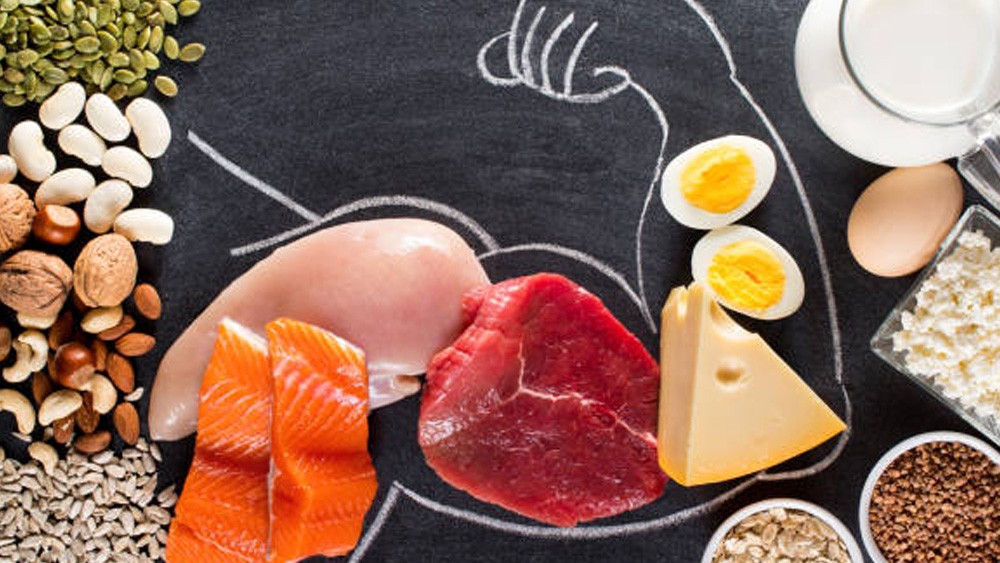
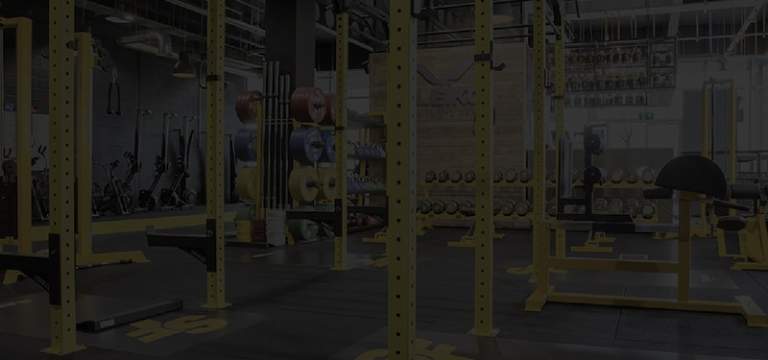
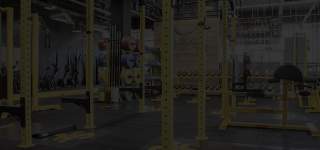
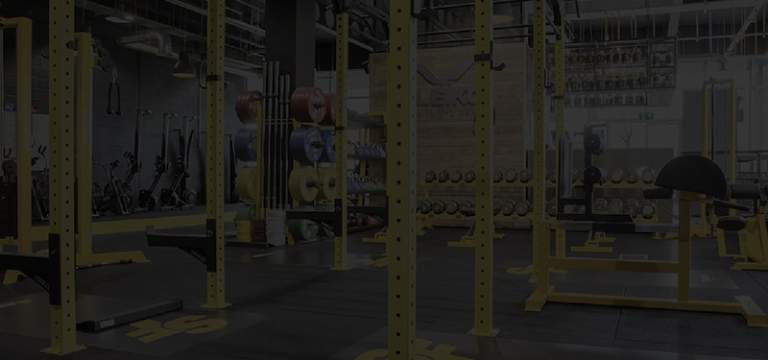
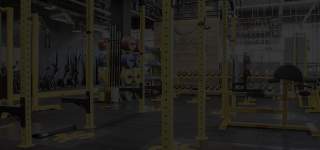
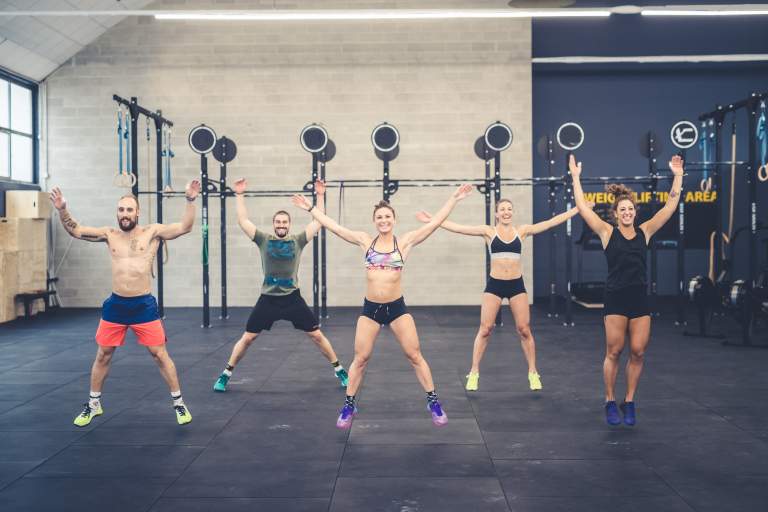
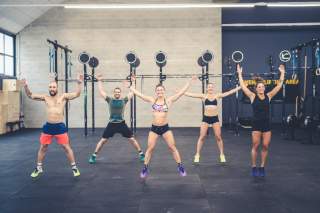
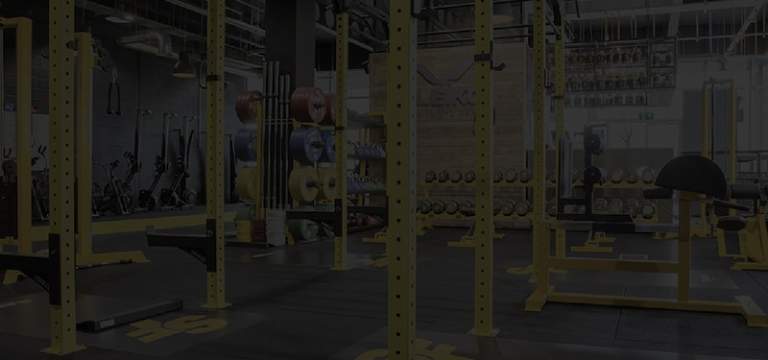
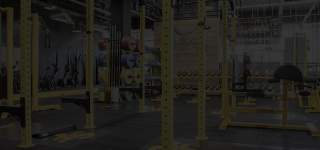
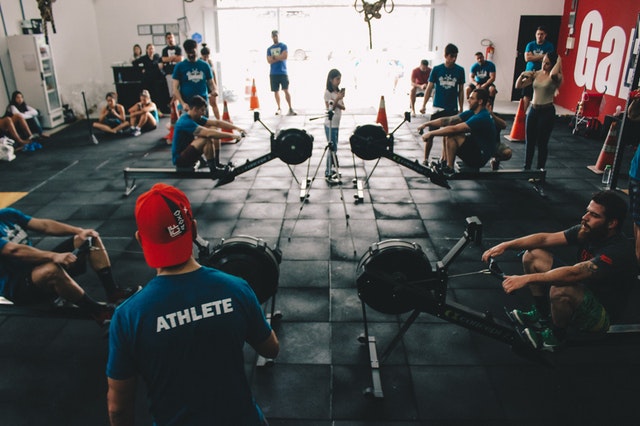
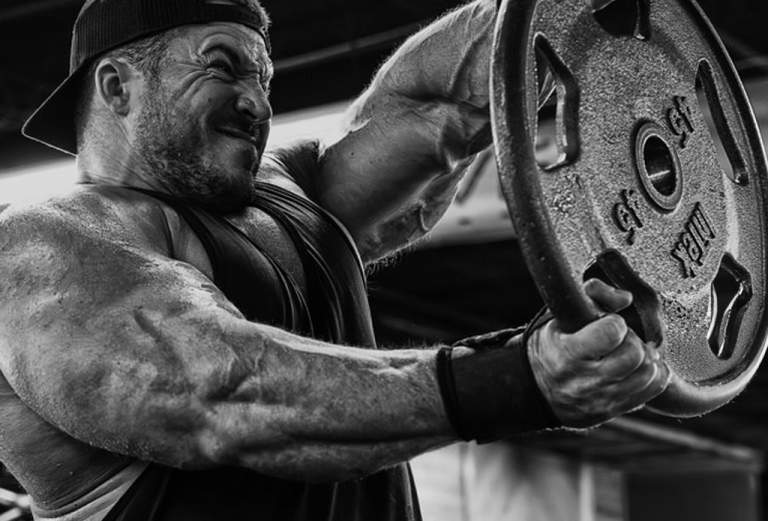
2 Comments
Comments are closed.